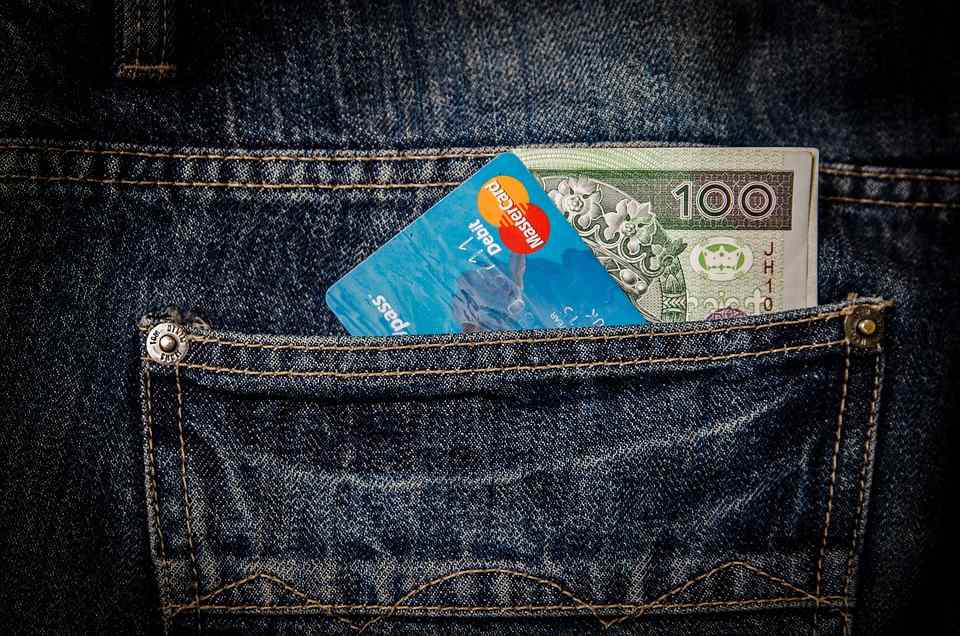Credit card debt can feel overwhelming, especially as interest rates continue to rise. With Americans owing a record $986 billion on their credit cards, according to the Federal Reserve Bank of New York, it’s clear that many are struggling to manage their balances. The average credit card interest rate has soared to 19.9%, the highest in 30 years, making it even harder to pay off debt. If you’re feeling trapped by your credit card debt, you’re not alone. But the good news is, there are actionable steps you can take to regain control of your finances. In this guide, we’ll explore practical strategies to help you pay off credit card debt and achieve financial stability.
Why Paying Off Credit Card Debt is Crucial
Credit card debt doesn’t just drain your wallet—it can also impact your mental health and long-term financial goals.
High interest rates mean that even small balances can grow quickly, making it harder to save for emergencies, buy a home, or invest in your future.
By tackling your debt head-on, you can reduce stress, improve your credit score, and free up money for the things that truly matter.
Steps to Pay Off Credit Card Debt
1. Create a Budget
The first step to paying off credit card debt is understanding where your money is going. Start by creating a detailed budget that includes all your monthly expenses, such as rent, utilities, groceries, and minimum credit card payments.
This will help you identify areas where you can cut back and allocate more funds toward debt repayment.
2. Prioritize High-Interest Debt
Not all debt is created equal. Focus on paying off the credit cards with the highest interest rates first, as these cost you the most over time. This strategy, known as the debt avalanche method, can save you money on interest and help you pay off your debt faster.
3. Consider a Balance Transfer
If you’re struggling with high interest rates, a balance transfer could be a game-changer. Many credit card companies offer 0% or low-interest balance transfer promotions for a limited time, typically 12 to 21 months.
While there’s usually a 3-5% transfer fee, the savings on interest can make it worth it. Just be sure to pay off the balance before the promotional period ends to avoid higher rates.
4. Negotiate with Your Credit Card Company
Don’t be afraid to reach out to your credit card issuer. Explain your financial situation and ask if they can lower your interest rate or offer a more manageable payment plan. Many companies are willing to work with customers to avoid defaults.
5. Increase Your Income
Finding ways to boost your income can accelerate your debt repayment journey. Consider taking on a side gig, freelancing, or selling unused items around your home. Even an extra $100 a month can make a significant difference in paying down your balance.
6. Cut Unnecessary Expenses
Take a close look at your spending habits and identify areas where you can cut back. For example, cancel unused subscriptions, dine out less frequently, or shop for groceries in bulk. Redirect the money you save toward your credit card payments.
7. Stick to Your Plan
Consistency is key when it comes to paying off debt. Once you’ve created a plan, commit to it. Make your payments on time, avoid adding new charges to your credit cards, and track your progress regularly. Celebrate small milestones along the way to stay motivated.
Tips for Staying Debt-Free
Paying off credit card debt is a major accomplishment, but it’s just the first step. To avoid falling back into debt, consider these tips:
- Build an Emergency Fund: Having savings set aside for unexpected expenses can prevent you from relying on credit cards in the future.
- Use Credit Wisely: If you continue to use credit cards, pay off the balance in full each month to avoid interest charges.
- Monitor Your Spending: Keep track of your expenses and adjust your budget as needed to stay on track.
Final Thoughts
Paying off credit card debt may seem daunting, but with the right strategies and a disciplined approach, it’s entirely achievable. By creating a budget, prioritizing high-interest debt, and exploring options like balance transfers, you can take control of your finances and work toward a debt-free future.
Remember, the journey to financial freedom takes time and effort, but the rewards are well worth it. Start today, and take the first step toward a brighter financial future.
By following these steps, you’ll not only pay off credit card debt but also build healthier financial habits that will serve you for years to come.
'Want to send us a story? Submit to NAIROBIminiBLOGGERS via our Email nairobiminiblogger@gmail.com'

Drop Your Comments, What do you think About The Article?